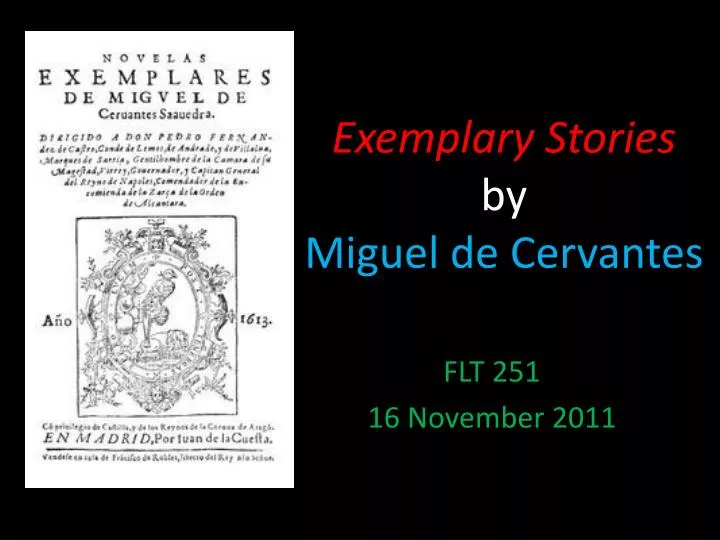

The exact day of her death remains a mystery. As a result, they faded into obscurity, and would remain obscure until the late twentieth century. Despite the enduring popularity of her works during the seventeenth and eighteenth centuries, the nineteenth-century saw her works censured for their perceived vulgarity. Among her many admirers were Lope de Vega, who dedicated some of his poetry to her, and Alonso de Castillo Solórzano, who named her the "Sibila de Madrid," (Sibyl of Madrid). The author enjoyed the respect and admiration of some of the best male writers of her day. De Zayas also composed a play, La traicion en la Amistad, (Friendship Betrayed) as well as several poems. In 1637, de Zayas published her first collection of novellas, Novelas Amorosas y Ejemplares (The Enchantments of Love) in Zaragoza, and ten years later, her second collection, Desengaños Amorosos (The Disenchantments of Love), was published.

What is known is that she was fortunate to belong to the aristocracy of Madrid, because despite earning the low salary typical of writers at the time, she lived well. So very little is known about her life that it is not even certain whether she was single or married during the time she wrote. Her baptism was known to have taken place in the church of San Sebastian on September 12, 1590, and given the fact that most of Spain's well-to-do families baptized their infants days after birth, it may be deduced that de Zayas was born days before this date. Born in Madrid, de Zayas was the daughter of infantry captain Fernando de Zayas y Sotomayor and María Catalina de Barrasa.


 0 kommentar(er)
0 kommentar(er)
